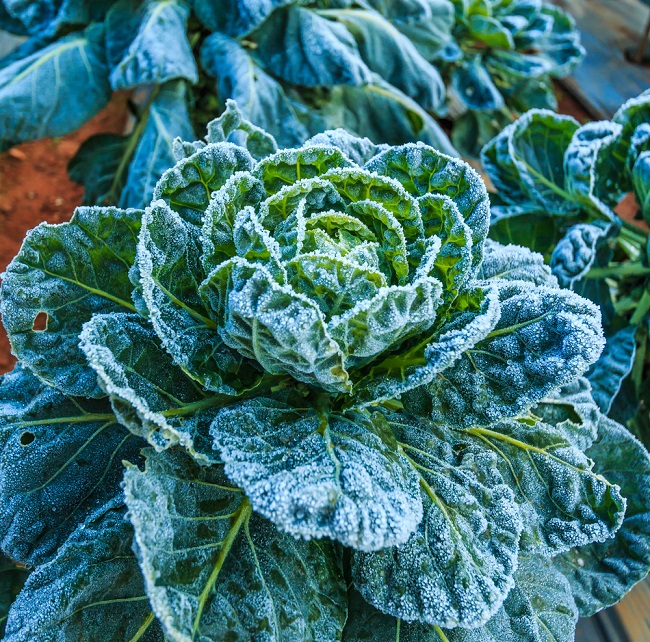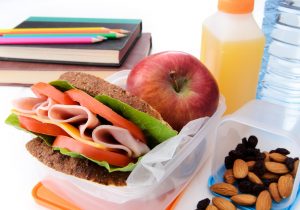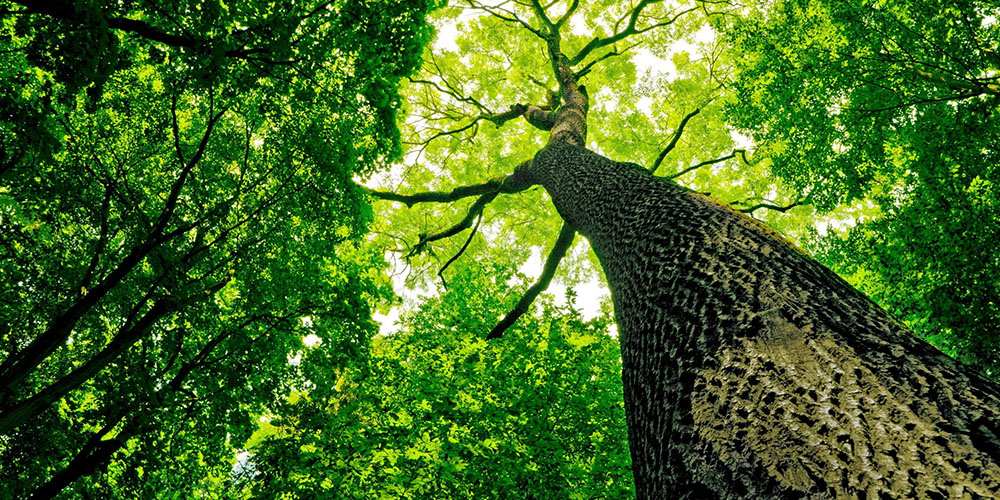Activity 16: Pass the Plants, Please
Spaghetti. Fried rice. Tortillas. Vegetable soup. Thanks to plants, these and many other favorite foods are ours to enjoy. This activity will get your students thinking about just how big a part plants play in our daily diets.
This is one of 96 activities that can be found in PLT’s PreK-8 Environmental Education Activity Guide. To get the activity, attend a training either in person or online and receive PLT’s PreK-8 Guide.
The PreK-8 Environmental Education Activity Guide is a supplementary curriculum that is multi-disciplinary, with an emphasis on science, reading, writing, mathematics, and social studies.
Each activity displays explicit connections to practices and concepts expected by the following national academic standards so teachers can easily see where the materials will fit into their lesson plans:
- Next Generation Science Standards (NGSS)
- Common Core Toolkit, includes
- English Language Arts (CCSS.ELA)
- Mathematics (CCSS.MATH)
- College, Career, and Civic Life Framework for Social Studies (C3)
Our professional development further demonstrates these connections, as well as to state and local standards, contact your state coordinator.
STEM: Pass the Plants, Please
Show your students how many of their favorite foods come from plants and engage them in real-world STEM learning.
Trout Are Made Of Trees
Trout Are Made Of Trees Grades K to 2 ISBN-13: 978-1580891387 Charlesbridge, 2008 Authored by April Pulley Sayre Illustrated by Kate Endle Recommended Reading Leaves and bacteria, insects and fish, bears, and people, too—are all a part of one big circle of growing and eating and living. This book’s simple and engaging text explains... Read more »
EE Resources
Food and Climate Change
Understanding Food and Climate Change: An Interactive Guide uses video, photos, and hands-on experiences for educators and students to learn about how food and climate systems interact. Explore how personal choices about food can make a difference. Ideal for grades 6–12, with connections to Next Generation Science Standards and the National Curriculum Standards for Social Studies... Read more »
Evolution of Organic: The Story of the Organic Movement Documentary
This 86-minute documentary film, Evolution of Organic: The Story of the Organic Movement Documentary, tells the story of the growing organic agriculture movement. It shares insight into some of the most effective organic farming techniques and the people inspiring and building the movement. The documentary is divided into four acts that can be watched one... Read more »
U.S. Department of Agriculture School Garden Fact Sheet
There are over 7,000 school gardens across the nation and you can have one at your own school! This fact sheet from USDA’s Farm to School program provides successful gardening examples and tips in PreK-12 school settings.
Core Principles of Garden-Based Education E-Book
The Teaching in Nature’s Classroom: Core Principles of Garden-Based Education e-book highlights 15 principles and best practices for successful garden-based education programs. Use this guide to deepen elementary and middle level students’ connection to nature, food, and outdoor education.
Farm Academy Live
Farm Academy TV provides students with a virtual field trip to an agricultural destination. The 45-60 minute lessons are taught by a Farm Academy Live teacher via a free video conferencing program. Students get to witness agricultural production and processing methods they may never be able to experience otherwise, learn about where their food and... Read more »
School Gardens Fact Sheet
This USDA resource titled School Gardens: Using Gardens to Grow Healthy Habits in Cafeterias, Classrooms, and Communities provides a brief overview of the benefits and educational uses of school gardens. It includes links to successful school garden programs and tips for planning, staffing, funding and maintaining a school garden.
USDA People’s Garden
Gardening resources, grant information, and seasonal tips are available at the U.S. Department of Agriculture People’s Garden website.
DooF: Nutrition Education Materials
DooF (“food” spelled backwards) is a fast-paced television series that teaches students ages 6-11 about where food comes from and interests them in good food, because it’s healthy and tastes good! The accompanying website, www.foodbackwards.com, offers recipes, food-related videos and stories, a blog, and food-literacy materials.
Oregon School Cafeteria Makes It from Scratch
This NPR podcast describes one Oregon School’s Cafeteria strategy to bring real cooking back into the school kitchen.
Know Your Farmer, Know Your Food
Using the USDA-sponsored Know Your Farmer, Know Your Food Website, students can learn about local and regional food systems, read case studies, watch videos, and see pictures from the field. Students can also use the interactive Know Your Farmer, Know Your Food Compass to discover local and regional USDA-supported food projects in communities across the... Read more »
FoodSpan: Teaching the Food System from Farm to Fork
Resources from The Johns Hopkins Center for a Livable Future introduces students to food-system topics and issues. Explore questions such as: What are the strengths and weaknesses of local food systems? How is our food supply dependent on ecosystems? Find slides, handouts, and other supplemental materials on their FoodSpan: Teaching the Food System from Farm... Read more »
Botany on Your Plate
K-4 students explore edible plants in this interdisciplinary life science unit developed by the University of California Botanical Garden at Berkeley. Teachers can access supporting resources online. Explore ideas for dissecting plant seeds, observing plant embryos, and organizing observations using diagrams.
Gourmet Lab
This free, and downloadable book from the National Science Teachers Association entitled, “Gourmet Lab: The Scientific Principals Behind Your Favorite Foods,” gives students the opportunity to discover science concepts and learn experimental design skills through interactions with everyday foods. Targeting students in grade 6-12, Gourmet Lab offers lots of ideas for science teachers to take on... Read more »
Fruit and Vegetable Fact Sheets
These fact sheets from the University of Nebraska-Lincoln Extension’s Nutrition Education Program provide information about 30 fruits and vegetables. Each fact sheet includes an illustration of the fruit or vegetable along with nutrition information, uses, description, varieties, and where the fruit or vegetable was first cultivated. The sheets could be incorporated into K-12 biology, health,... Read more »
School Garden Checklist
Planning to start a garden project? Download this step-by-step guide, provided by the Let’s Move! Presidential initiative, to ensure you won’t miss any information that could support the health of your garden. Detailed checklists offer tips about soil safety, site selection, overall design, plant palette, how to build and use the garden, and the importance... Read more »
Login to download supporting materials such as appendices and teaching tips.
Login
 Get this Guide
Get this Guide
 Find Training
Find Training



